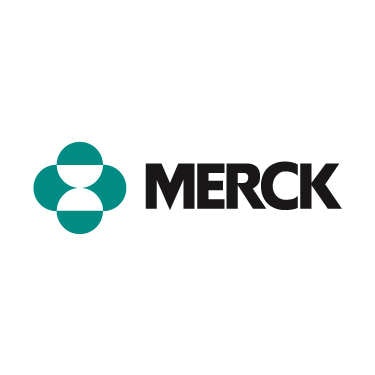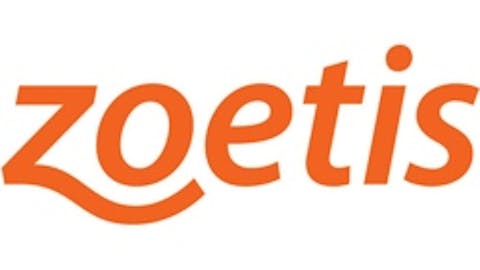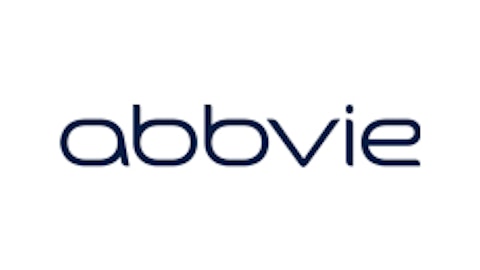Merck & Co., Inc. (NYSE:MRK)‘s dividend yield is 4.2%. Pfizer Inc. (NYSE:PFE)‘s is only 3.5%. Merck’s is higher so it must be a better choice for dividend investors.
Not so fast.
Unless you’re content with a 4.2% yield, and you’re convinced that it can last long, you have to dig beyond the dividend yield to see which drugmaker is a better stock to own.

Neither company has a stellar track record when it comes to dividends. They don’t compare to Abbott Laboratories (NYSE:ABT), which raised its dividend for 40 years in a row, and probably would have continued the trend had it not spun off its pharmaceutical division into AbbVie Inc (NYSE:ABBV), sending a good chunk of its cash flow with it. Both Abbott and AbbVie will likely continue the tradition of raising their dividends, but they’ll do it from smaller individual bases.
Pfizer cut its dividend in half when it decided to purchase Wyeth in 2009. Since then, it’s made four dividend raises, but its dividend of $0.24 per quarter is still well below the $0.32 per quarter it handed out before the cut.
Merck hasn’t cut its dividend recently, but it doesn’t have a long history of raising it either. Merck’s dividend was frozen at $0.38 per quarter after Vioxx went off the market in 2004, until 2011, when Merck finally raised the dividend. It was raised again last year to the $0.43 it currently sits at.
Based on the free cash flow and dividends from the most recent reporting period — fourth quarter 2011 through third quarter 2012, because neither company has filed their 10-K for 2012 yet — it appears that both companies should have no problem funding the dividend in the future.
| Company | Dividend Payments TTM (in millions) | Free Cash Flow TTM (in millions) | Payout Ratio |
|---|---|---|---|
| Pfizer | $6,439 | $15,628 | 41% |
| Merck | $5,001 | $9,667 | 52% |
Source: S&P Capital IQ.
Beyond the dividend
Investors shouldn’t be content with just the dividends. While the dividends pay out like a fairly nice bond, owning the stock comes with increased risk compared to a bond. You really need to supplement the dividend with capital appreciation of the stock to make owning either durgmaker worthwhile. Holding a large pharma isn’t risk free — Vioxx anyone? — so investors need to be rewarded for it; 3% to 4% return isn’t going to cut it.
Figuring out which company will increase its valuation is a little more complicated than analyzing the prospects for the dividend. There’s a lot of moving parts: revenue growth from current drugs, the company’s pipelines, drugs going off patent, changes in margins.
Take them all together, and I see Pfizer faring better in the medium term than Merck.
Both companies are struggling with the loss of key drugs to generic competition, Lipitor for Pfizer, and Singulair for Merck. Pfizer’s revenue in the fourth quarter was down 10%; Merck’s was down 4.5 %
The difference is that Pfizer has a potential savior already on the market. Its blood thinner Eliquis, which it will sell with Bristol Myers Squibb Co. (NYSE:BMY), was approved late last year to treat patients with atrial fibrillation, one of the most common types of abnormal heart rhythm. In clinical trials, Eliquis trounced warfarin, a drug that doctors hate because it’s difficult to find a dose that’s effective, but doesn’t cause excessive internal bleeding. Grabbing a majority of the market shouldn’t be too tough, although it may take awhile, because doctors probably aren’t going to switch many patients taking warfarin if their dose appears to be working.
Merck’s best shot at a megablockbuster is its osteoporosis drug, odanacatib. But the company said a few weeks ago that it wants to wait for long-term safety data before making regulatory applications, pushing an FDA approval into next year. The potential of the drug isn’t as clear as that of Eliquis, because there’s a lot of competition in the osteoporosis market, including cheap generic drugs.
As long as Eliquis reaches its full potential, Pfizer should have a quicker return to solid earnings and revenue growth than Merck. And that should translate to an increase in share price and, hopefully, increased cash flow that the company shares with investors in the form of increased dividends.
The article Better Dividend: Merck or Pfizer? originally appeared on Fool.com and is written by Brian Orelli.
Fool contributor Brian Orelli has no position in any stocks mentioned. The Motley Fool has no position in any of the stocks mentioned.
Copyright © 1995 – 2013 The Motley Fool, LLC. All rights reserved. The Motley Fool has a disclosure policy.




